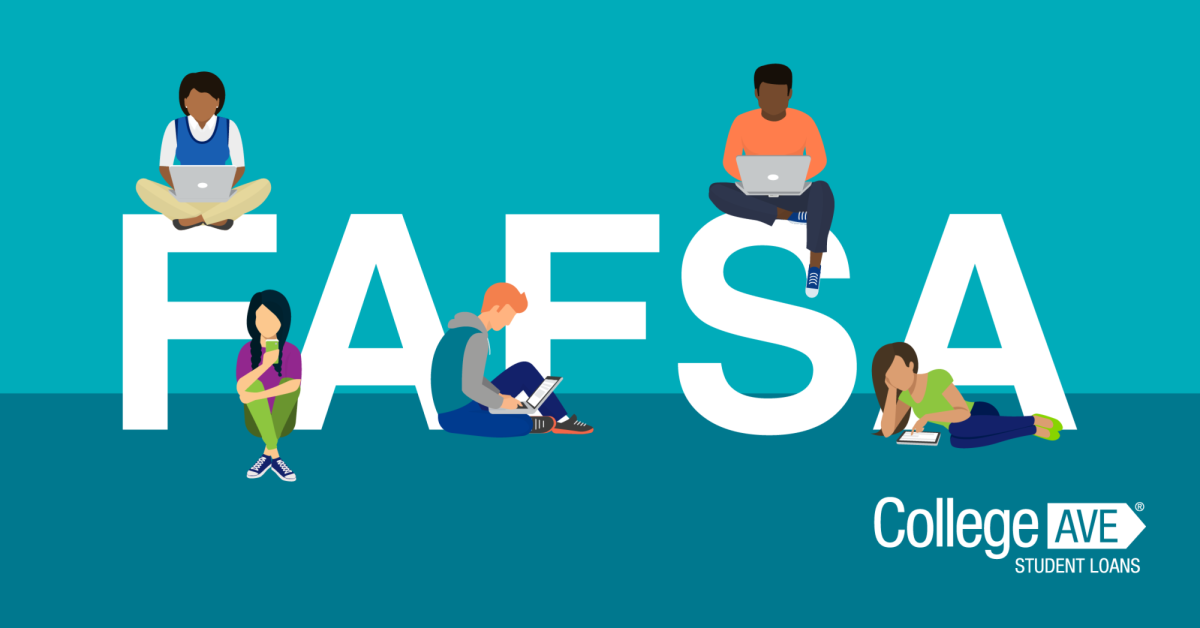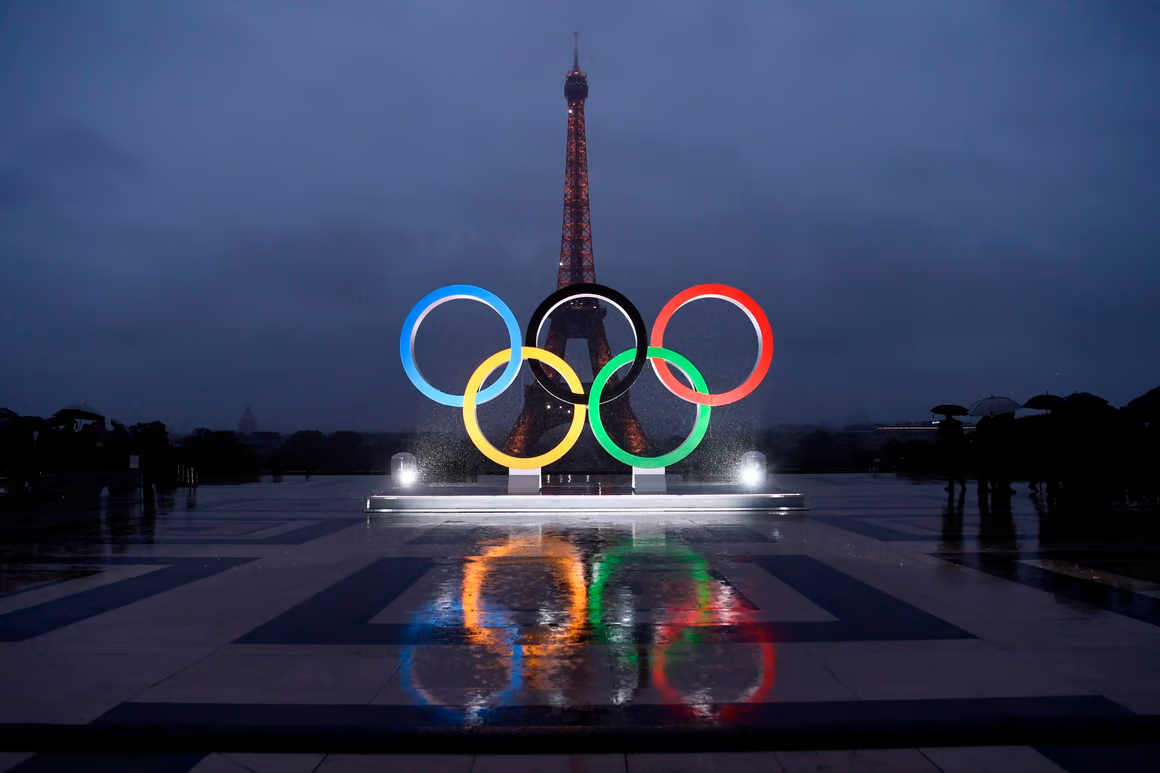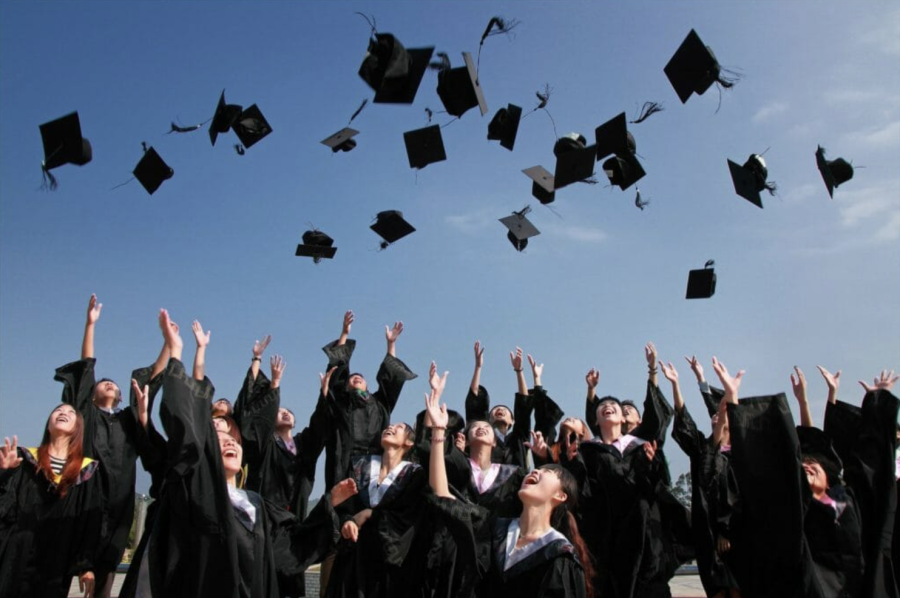After returning back from spring break a little over a month ago, students were faced with a new CCSD phone policy that enforced a signal-blocking phone pouch. According to CCSD, the policy will be fully enforced starting in August; yet, 10% of district schools have begun the pilot program, with one of them being Spring Valley. This new policy has permitted students to use their device: before and after school, during passing periods, and their designated lunch period. However upon entering a classroom, they are required to velcro their phone inside the pouch and place it on the table. This new technology further prevents students from sending and receiving messages.
During the first week of using the phone pouches, staff feared that the policy would be rejected harshly by students and parents. Additionally, many experienced mixed emotions whilst struggling to understand the meaning behind keeping our phones locked away.
“My initial thoughts were negative; I felt like it was too late in the year to implement a change without experiencing conflict,” said English teacher Mrs. Hemberger. “I worried that their mental, emotional, and physical dependency would create issues for students. I feared that this would create chaos within the classroom setting, making teachers’ jobs more challenging.”
Apart from teachers, multiple students believe that the policy has created further issues in the school district. “When we came back to school, I hated the policy because I was always nervous my mother would try to contact me, and not contact the school,” said junior Angela Musoki. “Since then, my views haven’t changed, and I still have the same unease.”
Similarly, sophomore Laila Murillo states,“Students are going to use their phone regardless. The whole situation drains my battery and gives teachers an excuse to send students out.”
After having the phone pouches for some time, teachers and students now have differing opinions. Several teachers have experienced an improvement in students’ well-being, productivity, and attentiveness in and out of the classroom.
“For the most part, I have full compliance over 7 classes among 10th and 12th graders,” said Hemberger. “It has also reinforced students communicating directly with teachers. In addition, it has cut the amount of hallway passes in half.”
Even though many students and staff have physically seen benefits to the phone pouches, many students still believe that the cons outweigh the pros.
“There was a student in my class that was sleeping and our teacher accused him of being on his phone. Shortly after he had to argue with the teacher and admin in order to keep his phone,” said Murillo. “Teachers are going on a power trip, and it’s really unfortunate.”
As we near the end of the 2023-2024 school year, we will see how the CCSD phone pouch policy affects other schools in the Las Vegas area and whether or not it will be successful in the following school year.
“There is no way that this will work next year,” said Murillo. “If Spring Valley wants to improve, I think they need to find ways to reward students, and not give them unfair consequences.”
Deferentially, Hemberger believes “this will be successful at Spring Valley High School next year, as students have adjusted well. I don’t think this will be well received by all schools in the district. If administrators do not implement this with fidelity, then students will not use them, and it will be a waste of funding which will become an issue for stakeholders.”
In moderation, screen time is essential to staying connected and having accessibility to various amounts of information. On the other hand, phones provide an easy distraction with numerous cheating opportunities. With Gen-Z growing up online, it is a big stretch to completely change their habits after the behaviors have become so automatic. Time will tell if students start to see the advantages of phone pouches, or if the district will realize that the policy is unnecessary.








